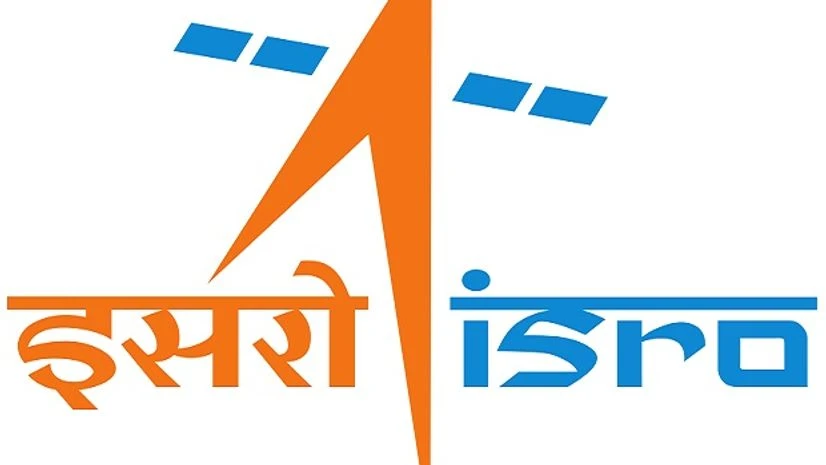Indian Space Research Organisation plans to undertake next month the first developmental flight of a "game-changer" rocket capable of launching four-ton class of satellites from Sriharikota spaceport, says its Chairman A S Kiran Kumar.
ISRO rockets (launch vehicles) at present have the capability to launch satellites up to 2.2 tons; it depends on international launchers to orbit satellites heavier than that.
"Next month, we have scheduled the launch of GSLV-Mk III-D1", Kiran Kumar told PTI.
Also Read
The Bengaluru-headquartered space agency plans to undertake the second developmental flight within a year.
"By the time two developmental flights are over, we will be working towards making more launches so that it (GSLV-Mk III) becomes operational", he said.
ISRO views operationalisation of this rocket as a "game-changer" for it, he said.
"Once we build our own four tonne capacity, we will be able to significantly reduce our launch from outside; then we are also looking at building satellites within that four-tonne capacity, so that you can do all the launches within the country," Kiran Kumar said.
The GSLV-Mk III-D1 launcher would carry GSAT-19 satellite which has a mass of 3200 kg.
The satellite would carry Ka and Ku band payload along with a Geostationary Radiation Spectrometer (GRASP) payload to monitor and study the nature of the charged particles and influence of space radiation on spacecraft and electronic components.
The satellite would employ advanced spacecraft technologies including bus subsystem experiments in electrical propulsion system, indigenous Li ion battery and indigenous bus bars for power distribution, among others.

)
